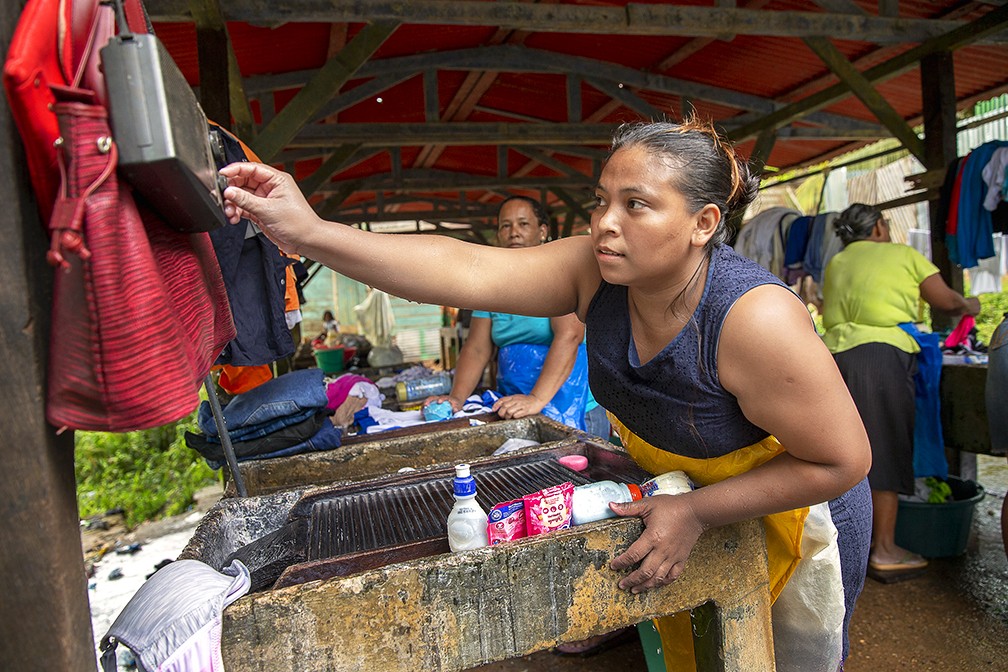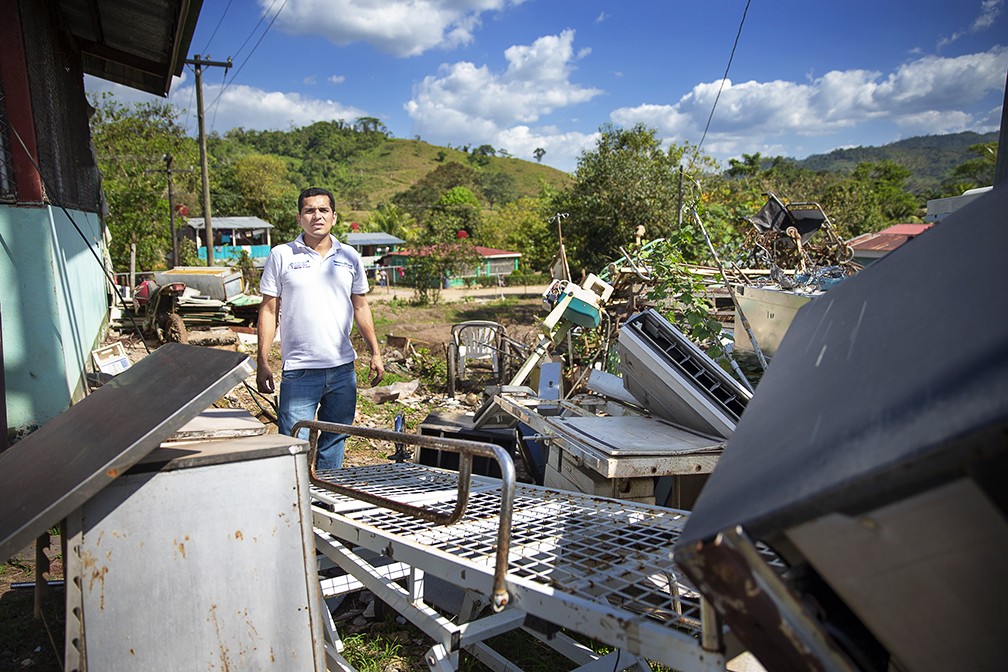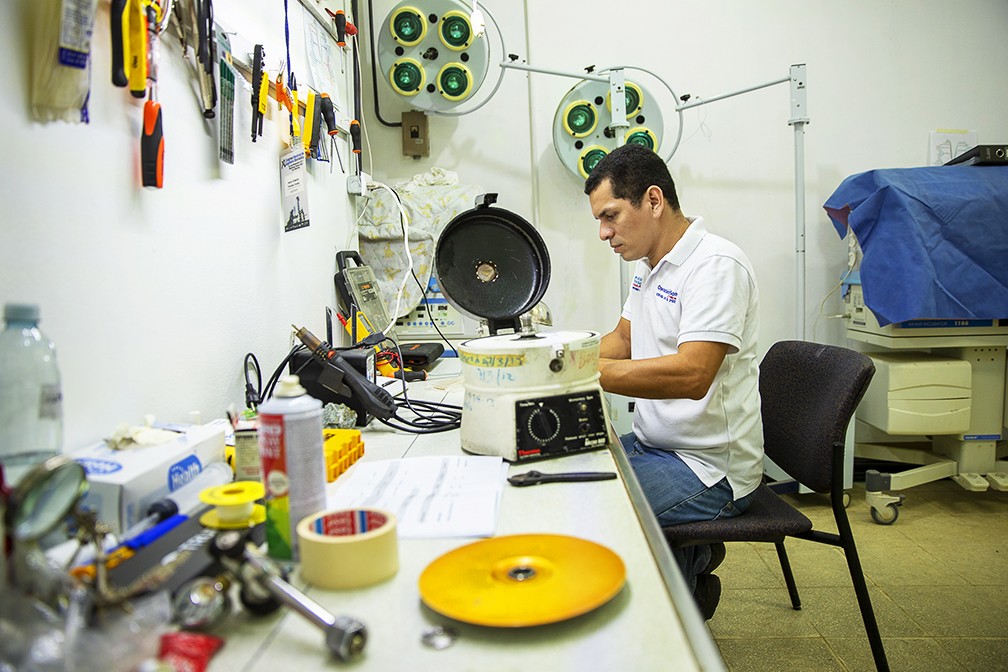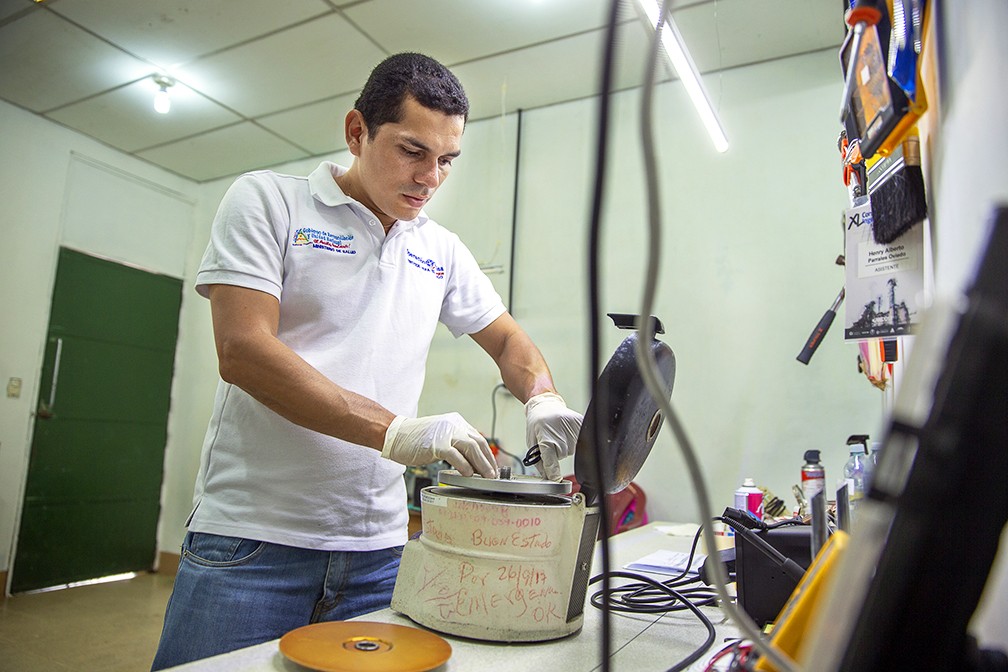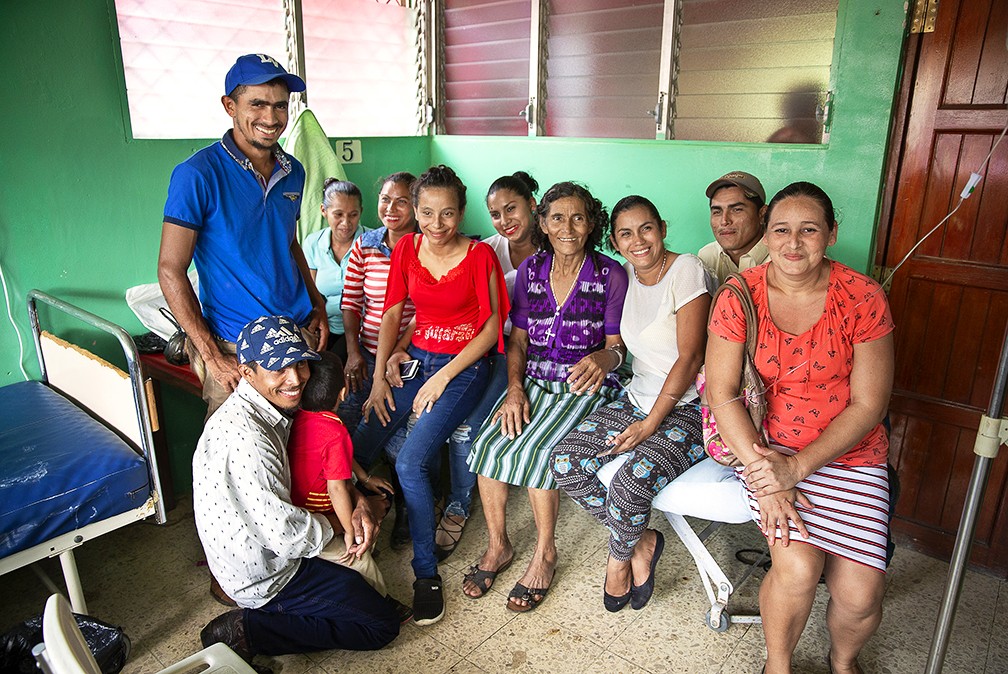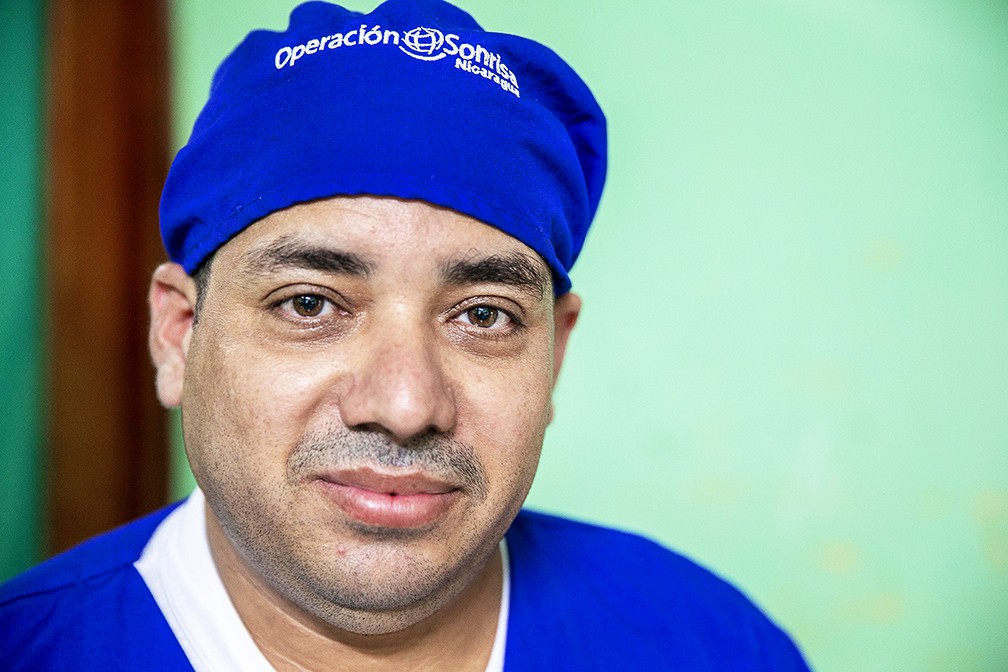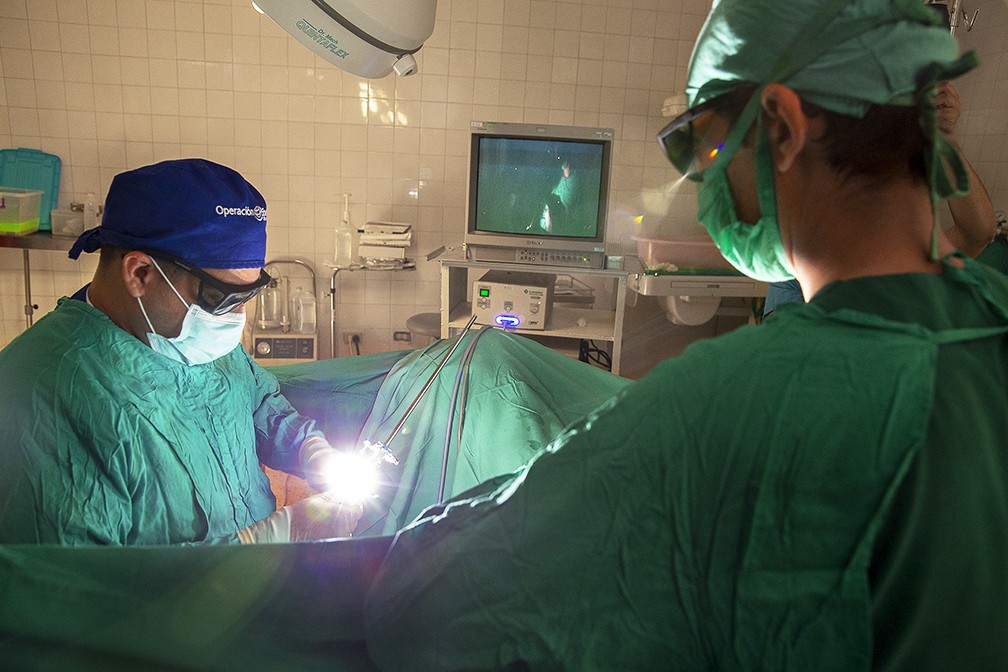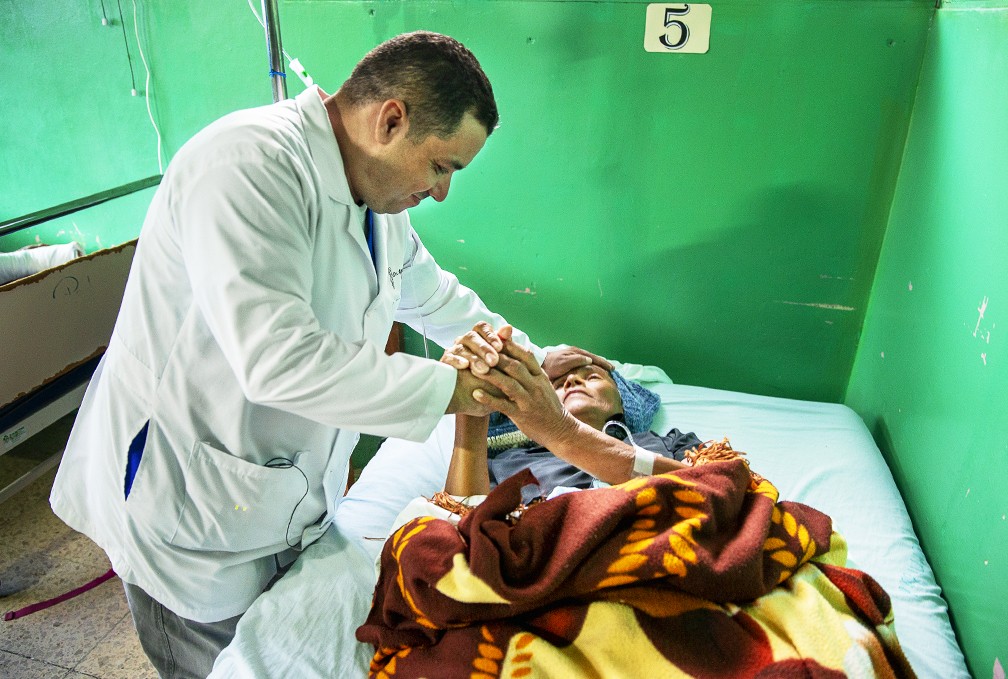Editor’s note: Since Operation Smile’s founding in 1982, delivering safe surgery to people living with cleft conditions in low-resource settings around the world has been – and will continue to be – its driving force.
But as the organization expanded into more and more places of dire need, it has been met by the devastating effects of hospitals operating with inadequate infrastructure and equipment.
Fueled by the foundational belief that everyone in need of surgery deserves exceptional care, Operation Smile is applying its expertise in treating cleft conditions to create sustainable solutions that will bring safe and essential surgery to people where it’s needed most.
In rural northeastern Nicaragua, this life-saving work is already underway through a pilot project called Cirurgía para el Pueblo – “Surgery for the People.” For deeper context on the problems that this initiative is addressing, follow this link to watch the video and read more.
Throughout many homes in the rural town of Bonanza, Nicaragua, radio speakers erupt with the sound of a woman’s voice.
And people are listening.
By reaching out into the community, Dr. Brenda Tinoco is helping knock down the physical and economic barriers that prevent people from traveling to the hospital.
Single mothers like Rosa Emilia are learning about cervical cancer. Working men like Javier are being educated on how to stay healthy. And so many others are feeling supported, knowing that they will have access to surgery and health care when they need it.
“What we want to achieve with the radio program is to relieve the community’s fears,” Brenda said. “So that they know more and can identify warning signs in time and make the decision to go to the hospital to seek help.”
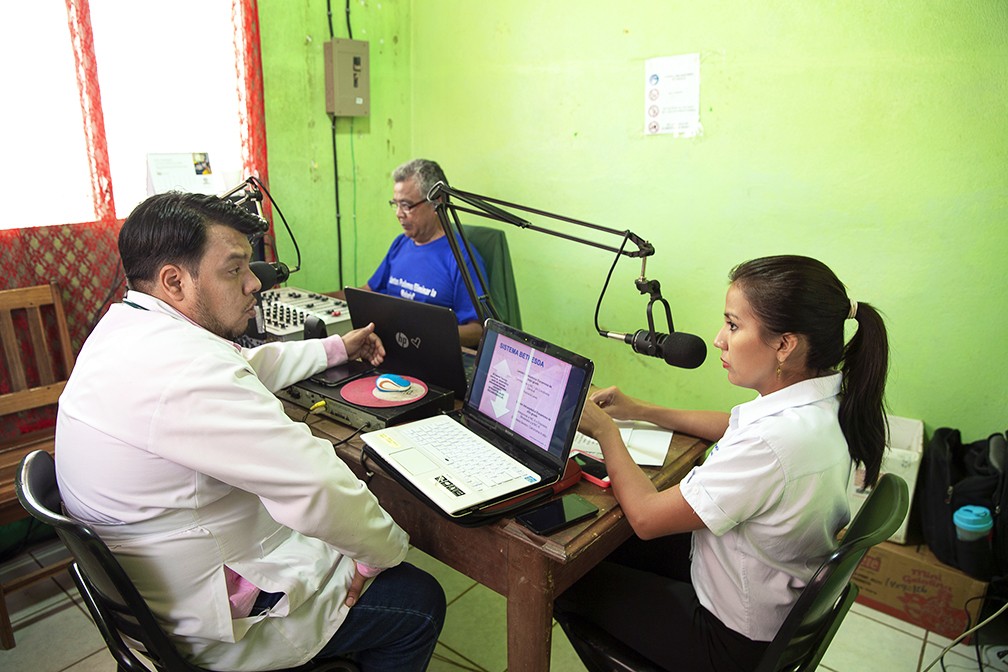
As a general physician and site coordinator, Brenda is providing knowledge of treatment opportunities through a pilot project called Cirurgía para el Pueblo – “Surgery for the People.” With support from the UBS Optimus Foundation, Operation Smile and Nicaragua’s Ministry of Health are working together at the two primary hospitals in Siuna and Bonanza. By joining forces, Operation Smile and the Ministry of Health seek to improve the surgical infrastructure of the hospitals and to spread awareness about surgically treatable conditions to the people of the region.
Before the radio program, an overwhelming hurdle for patients and their families was lack of knowledge about the cause of their symptoms which inhibited many people from receiving crucial care at the right time.
“Sometimes they think that they have been cursed, so coming to the hospital won’t help,” Brenda said. “Others are scared to have surgery, mainly because of the anesthesia.”
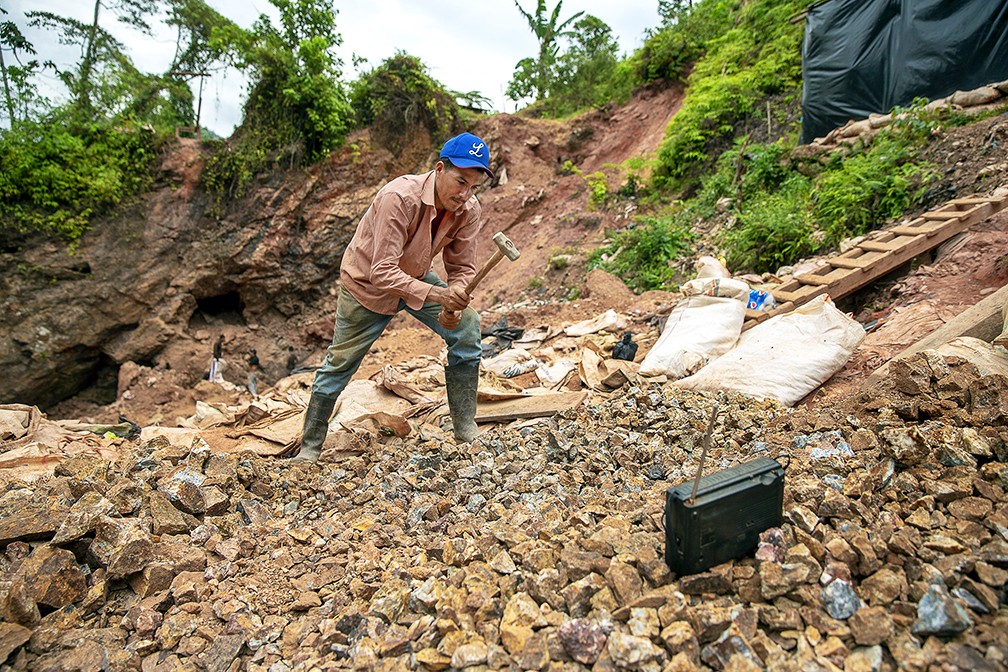
Men, women and children were dying from treatable illnesses because they were not being informed. But through education and awareness efforts, more patients are being treated and more lives are being saved. Yet, even when people recognize the need to pursue medical care, they are being confronted with the cost and hardship of traveling to a hospital while leaving their families behind.
“There are many barriers in our community that keep people from coming to the hospital in time. One of those is distance,” Brenda said. “There are communities where it can take up to two days to reach the hospital.”
With this project’s location, nothing stood in Danisa’s way when her son needed surgery for his umbilical hernia. For her, having this project close to home saved her son’s life.
“There are some people who don’t have money to go to Managua,” Danisa said. “And some children die, so it is important for the benefit of all to have this project here.”
Surgery for the People is a reason why people like Danisa, Rosa Emilia and Javier can trust that they will receive the safe and effective care to which they’ve never had access before.
